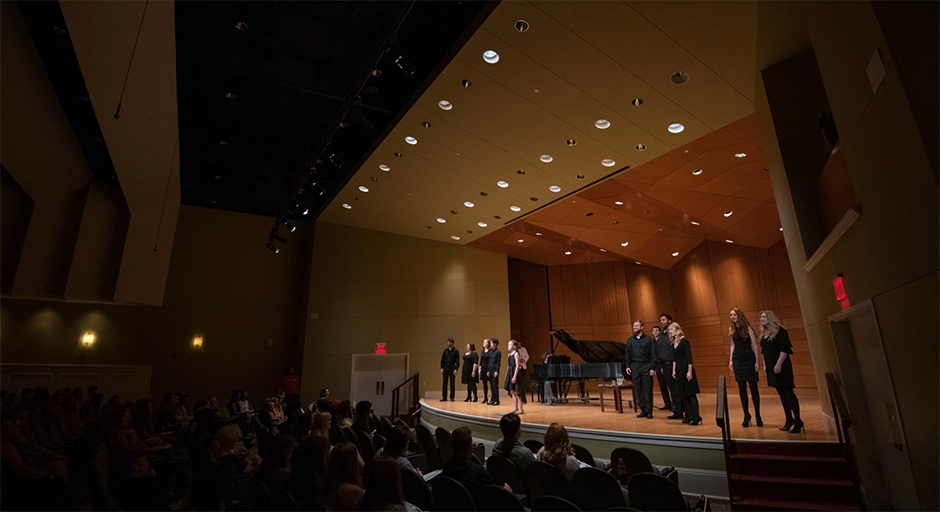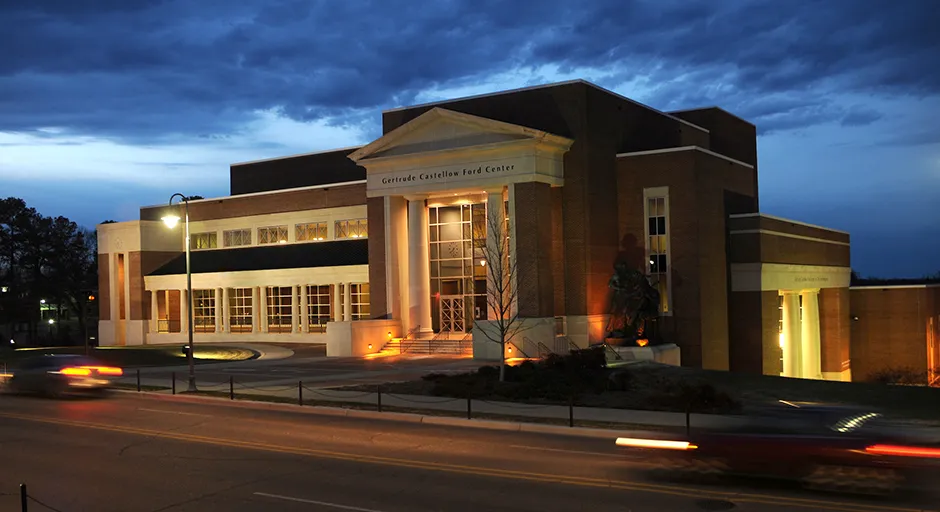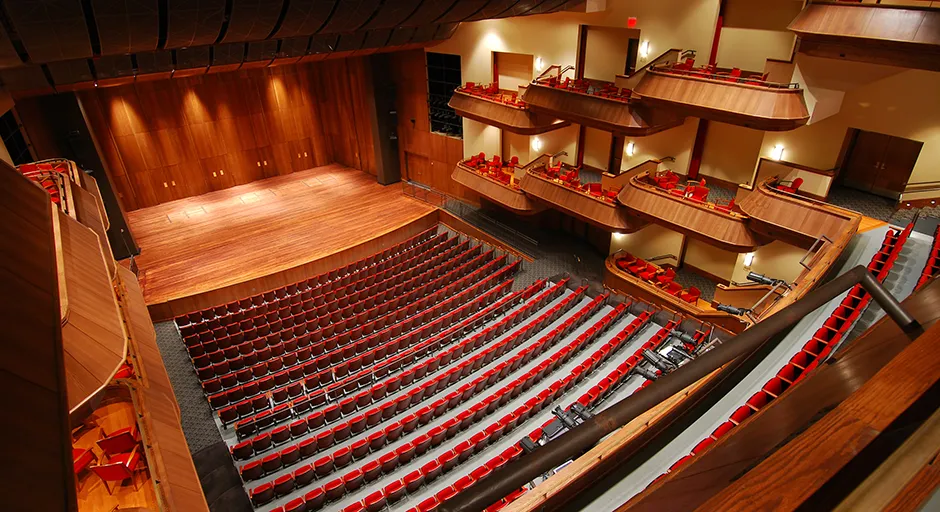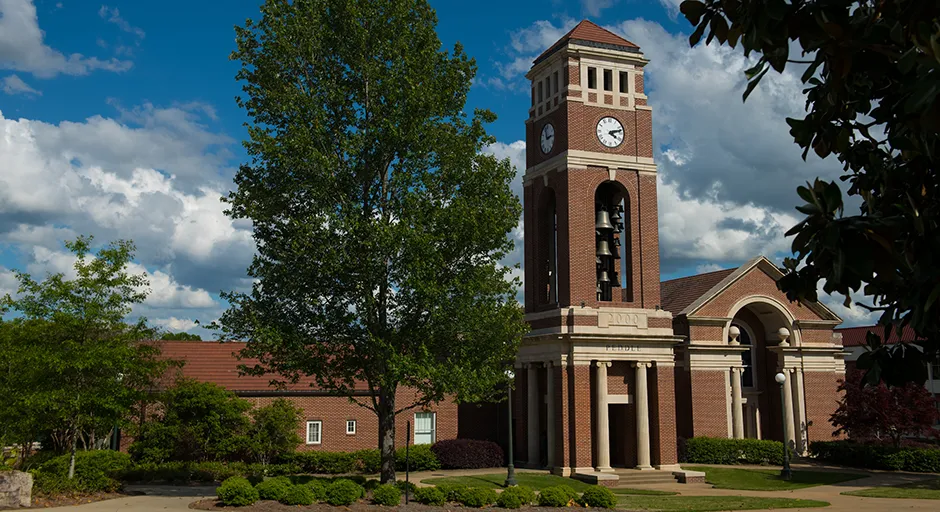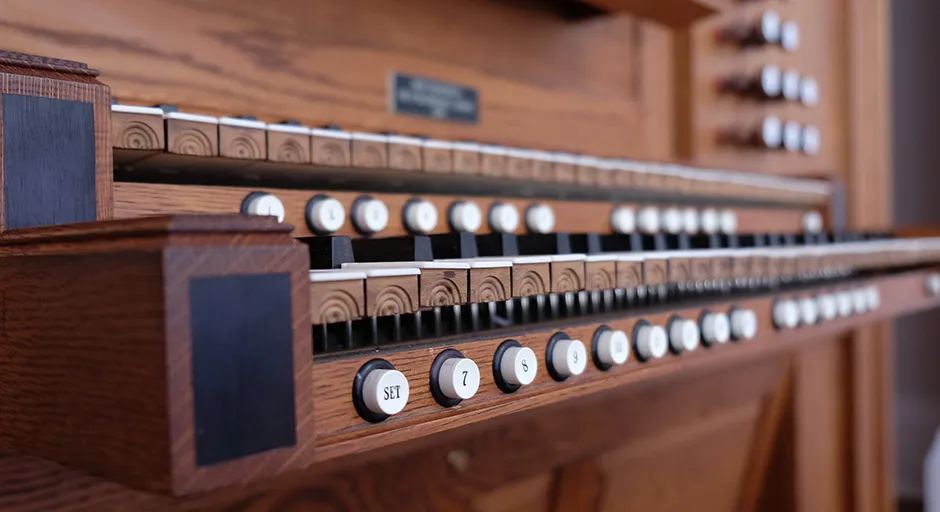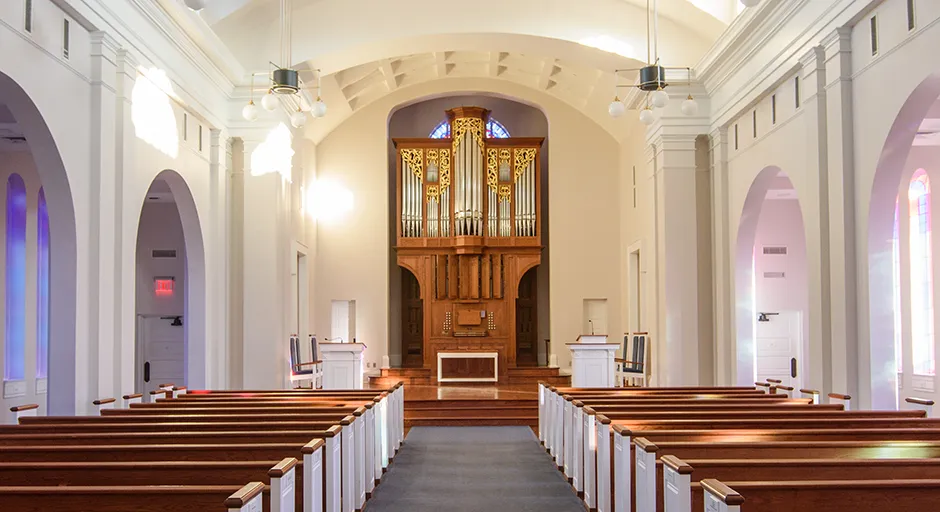Resources
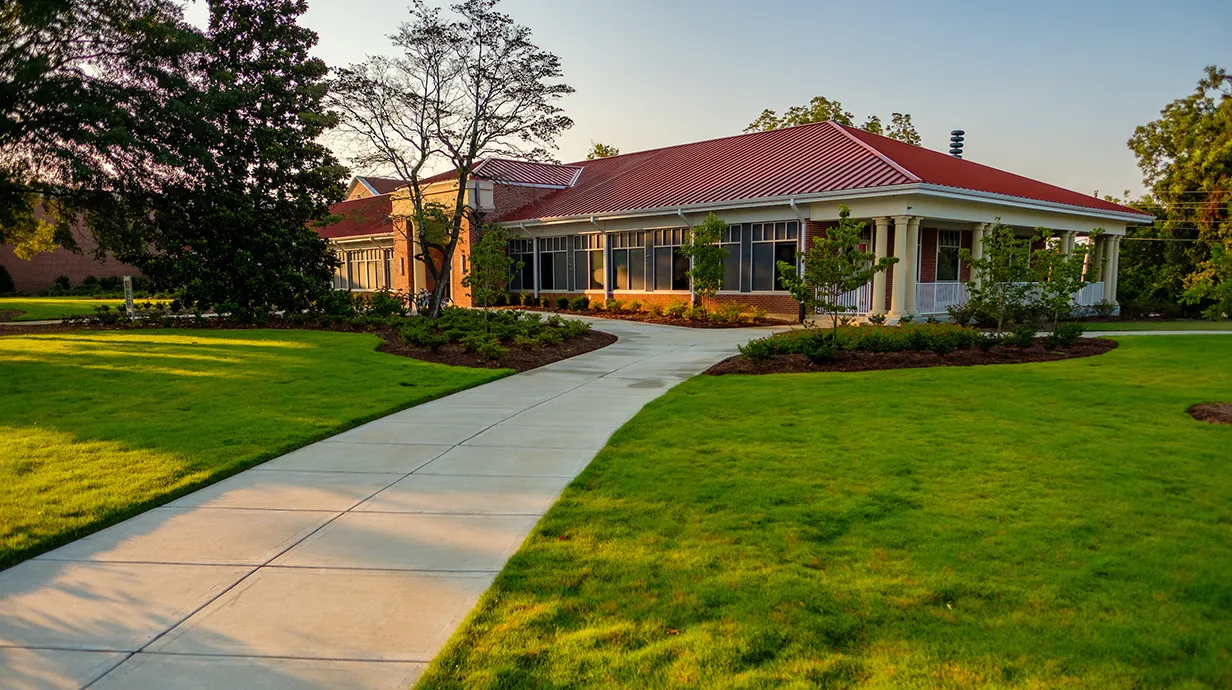
Student Handbook
The Department of Music student handbook (PDF) includes policies and degree requirements. Its purpose is to ensure that students enrolled in the program have at their disposal the guidelines and requirements applicable to their respective degree programs.
The handbook is intended to take music students from admission at the University of Mississippi to a successful career as a professional musician or music educator. The University’s Undergraduate and Graduate Academic Catalogs are the ultimate source of official information concerning courses and degree plans. The Student Handbook is also a helpful tool for music students. Please review the material very carefully. While your advisor and the music faculty will assist you in completing the requirements for your degree, the ultimate responsibility for your educational progress is yours.
Health and Safety for Musicians
Health and safety depend in large part on the personal decisions of informed individuals. Institutions have health and safety responsibilities, but fulfillment of these responsibilities cannot and will not ensure any specific individual’s health and safety. Every music student, faculty and staff member should become familiar with the documents on Maintenance of Hearing Health and Vocal and Musculoskeletal Health and Injury Prevention linked below, providing basic information regarding the maintenance of hearing health, vocal, and musculoskeletal health and injury prevention.
Maintenance of Hearing Health
Vocal and Musculoskeletal Health
- Performing Arts Medicine Association (PAMA)
- “Athletes and the Arts: Educating Today’s Musicians to Keep Them Healthy and Active”
- “A Painful Melody: Repetitive Strain Injury Among Musicians” by Tamara Mitchell
- The Complete Guide to the Alexander Technique
- Teaching the Art of Movement in Music (Recommended Reading)
- Dalcroze Society of America
- Yoga for Performers: Building Core Strength, Flexibility, Coordination, Focus, and the Ability to Multi-task, by Jennifer Robinson
Music Honorary and Professional Societies
Musical and scholastic achievement at the University of Mississippi is recognized and fostered by student chapters and affiliates of national honorary and professional organizations. The following societies are active on the University of Mississippi campus:
The Society of Pi Kappa Lambda, established in 1916 at Northwestern University, is dedicated to the furtherance of music in education and education in music in colleges, universities, and other institutions of higher learning that offer music degree programs. The local Eta Nu chapter annually recognizes and inducts as new members those juniors, seniors, and graduate students who have demonstrated superior achievement in their respective programs of instruction. Inductees are recognized at a department-wide convocation in April or May, at which the local chapter also sponsors an address by a distinguished scholar and teacher.
Phi Mu Alpha Sinfonia of America was founded in 1898 at the New England Conservatory of Music in Boston, Massachusetts. The fraternity now boasts nearly two hundred chapters across America, including the Lambda Xi chapter at Ole Miss, founded in 1962. Individual chapters work to bring music to their communities and to foster their own members’ musical and personal growth.
Phi Mu Alpha Sinfonia of America was founded in 1898 at the New England Conservatory of Music in Boston, Massachusetts. The fraternity now boasts nearly two hundred chapters across America, including the Lambda Xi chapter at Ole Miss, founded in 1962. Individual chapters work to bring music to their communities and to foster their own members’ musical and personal growth.
Kappa Kappa Psi is the national honorary band fraternity dedicated to the furthering of college and university bands through service and brotherhood. The Beta Beta Chapter at Ole Miss was the fiftieth chapter, founded in 1948 and reactivated in 1974.
Tau Beta Sigma is the national honorary band sorority whose membership is open to college students who have participated in a college band program. Founded in 1946, Tau Beta Sigma is a student service and leadership recognition society whose purpose is to assist music directors in developing leadership and enthusiasm within the band. It provides the band with organized service activities while giving its members experience in organization, leadership, and social contacts. The local chapter at the University of Mississippi is Beta Tau.
The National Association for Music Educators (formerly the Music Educators National Conference) is a voluntary, nonprofit organization representing all phases of music education in schools, colleges, universities, and teacher-education institutions. Active membership is open to all persons engaged in music teaching or other music educational work.
The American Choral Directors Association is a non-profit professional organization of choral directors with an active membership composed of directors from schools, colleges, universities, religious organizations, and professional choral groups. Associate members include students and other interested individuals, institutions, music publishers, and manufacturing firms.
Music 100: Recital Attendance
All undergraduate music majors — whether pursuing a B.A., a B.M. in Music Performance or a B.M. in Music Education degree — must complete six semesters of MUS 100. Music minors take two semesters of MUS 100. Transfer students will have a semester requirement determined when their transcripts are evaluated.
MUS 100 is pass-fail, and passing depends entirely on the number of department-approved recitals you attend in full.
Please read the MUS 100 syllabus carefully so that if you have any questions, you can speak to your advisor or to departmental recital supervisor, Zoe Bofill.

